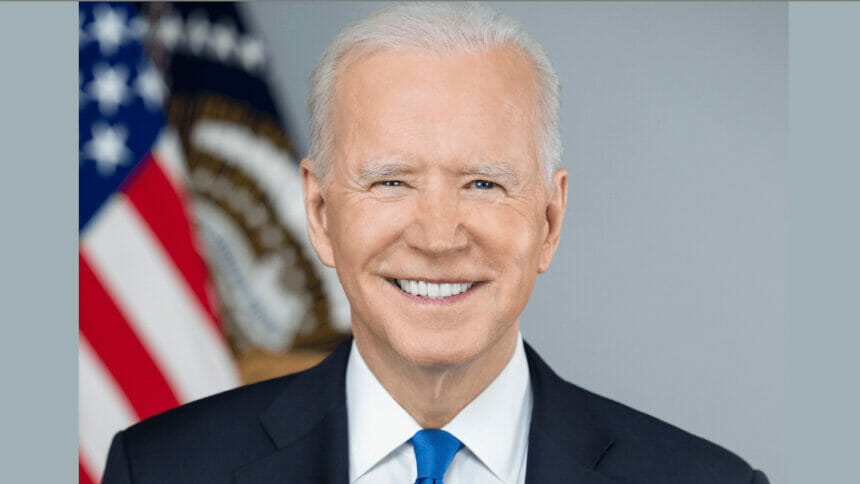
President Joe Biden, as expected, on Friday announced his veto of a resolution to repeal the National Labor Relations Board’s “joint employer” rule.
The US Senate had passed HJ Res 98 on April 10 by a vote of 50-48. The House of Representatives previously had passed it earlier by a vote of 206-177. The president had said he planned to veto it.
In a message to the House on Friday explaining his action, Biden said that “[w]ithout the NLRB’s rule, companies could more easily avoid liability simply by manipulating their corporate structure, like hiding behind subcontractors or staffing agencies.”
Under the standard, “an entity may be considered a joint employer of a group of employees if each entity has an employment relationship with the employees and they share or co-determine one or more of the employees’ essential terms and conditions of employment,” the NLRB said in October when it issued the final rule.
Those terms and conditions, according to the board, include:
- wages, benefits and other compensation;
- hours of work and scheduling;
- the assignment of duties to be performed;
- the supervision of the performance of duties;
- work rules and directions governing the manner, means, and methods of the performance of duties and the grounds for discipline;
- the tenure of employment, including hiring and discharge; and
- working conditions related to the safety and health of employees.
“In particular, the 2023 rule considers the alleged joint employers’ authority to control essential terms and conditions of employment, whether or not such control is exercised, and without regard to whether any such exercise of control is direct or indirect,” the NLRB said in a fact sheet. “By contrast, the 2020 rule made it easier for actual joint employers to avoid a finding of joint-employer status because it set a higher threshold of ‘substantial direct and immediate control’ over essential terms of conditions of employment, which has no foundation in common law.”
Sixty-two business associations, including the American Seniors Housing Association, the American Health Care Association/National Center for Assisted Living, the American Seniors Housing Association and Argentum, had sent a letter to Congress in November urging legislators to support the Congressional Review Act resolution to nullify the rule.
Now that the president has vetoed the resolution, FranchiseWire reported, “it is unlikely to achieve the two-thirds majority required to override the veto” since Congress had narrowly passed the resolution in the first place.
The NLRB proposed the rule in September 2022 and issued the final rule in October. It initially was to go into effect in December, then February, then March.
“In March, a federal judge in Texas struck down the rule but the NLRB probably will appeal his decision,” FranchiseWire reported.
Long-term care providers that use temporary or contract workers, as well as operators that are part of franchises, and others, could be affected.
Senior living and care industry representatives previously told McKnight’s Senior Living that the new rule was “much broader and more vague” than the previous rule and would present greater risk for employers that contract with services providers, “creating greater liability for the actions of others.”
The US Chamber of Commerce, a business association advocacy group that led the lawsuit that resulted in the rule being struck down, said it was “disappointed” by the veto.


